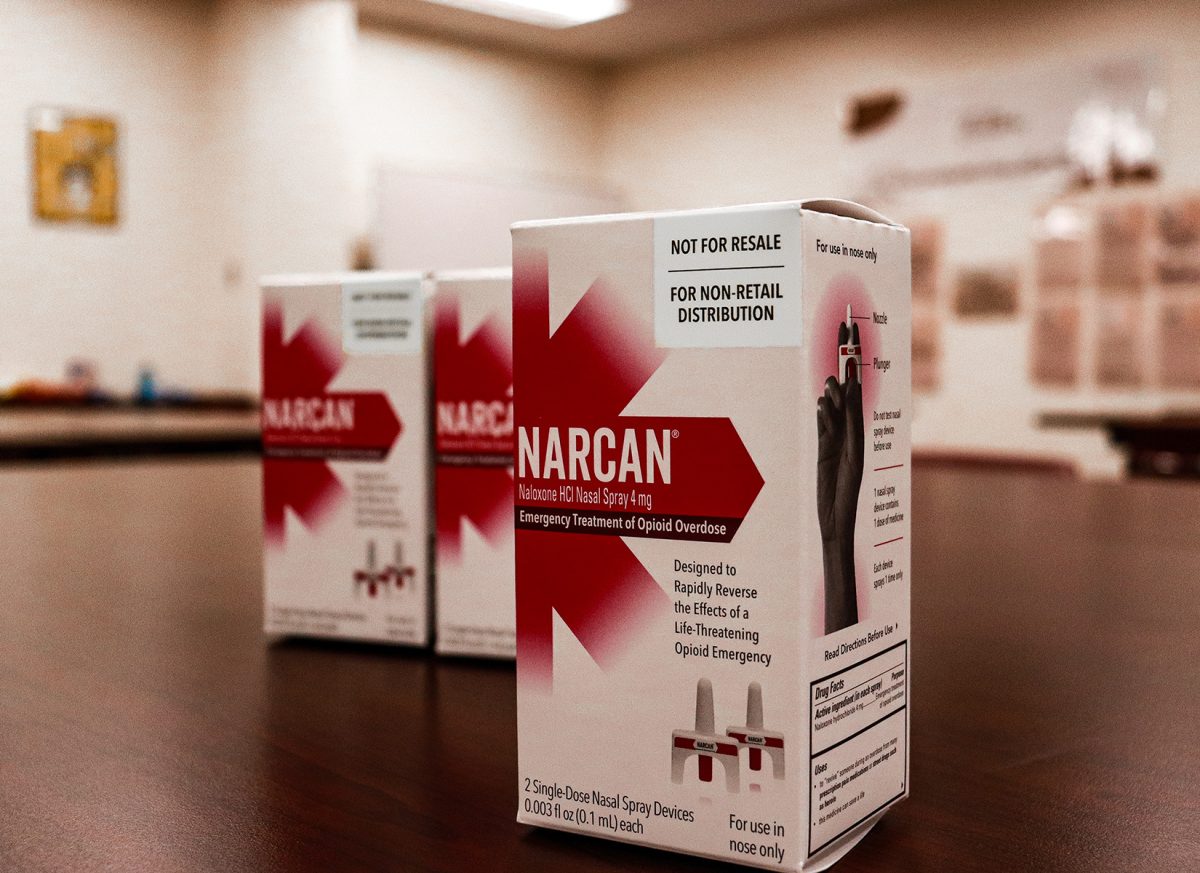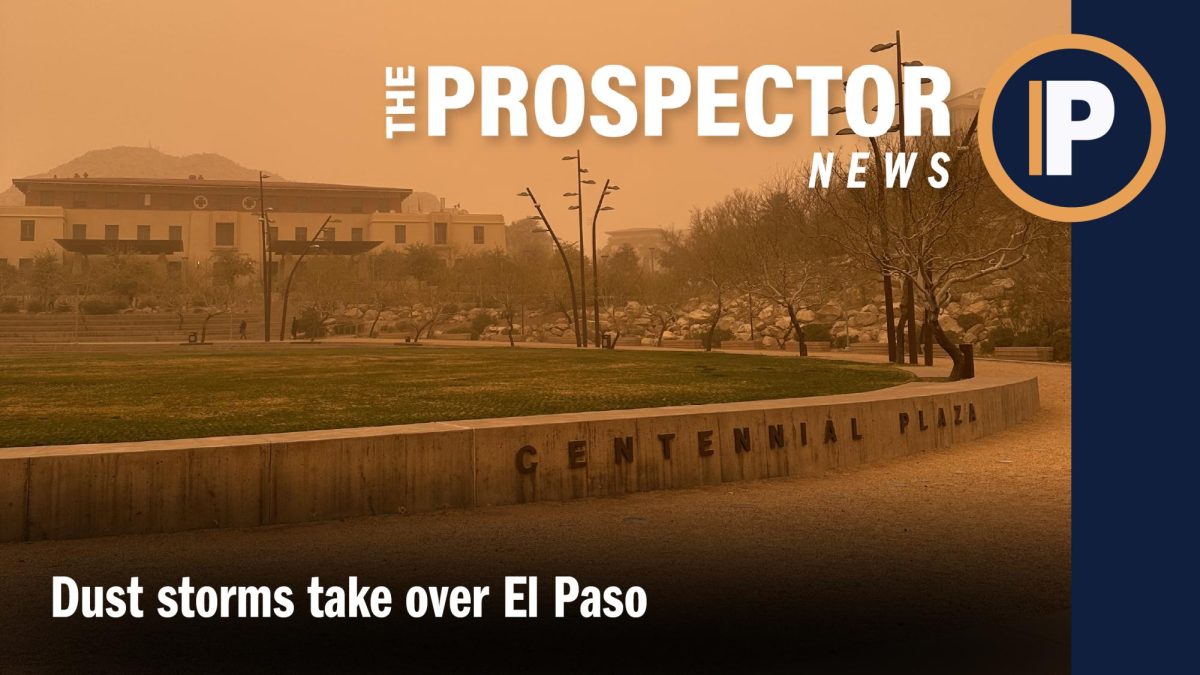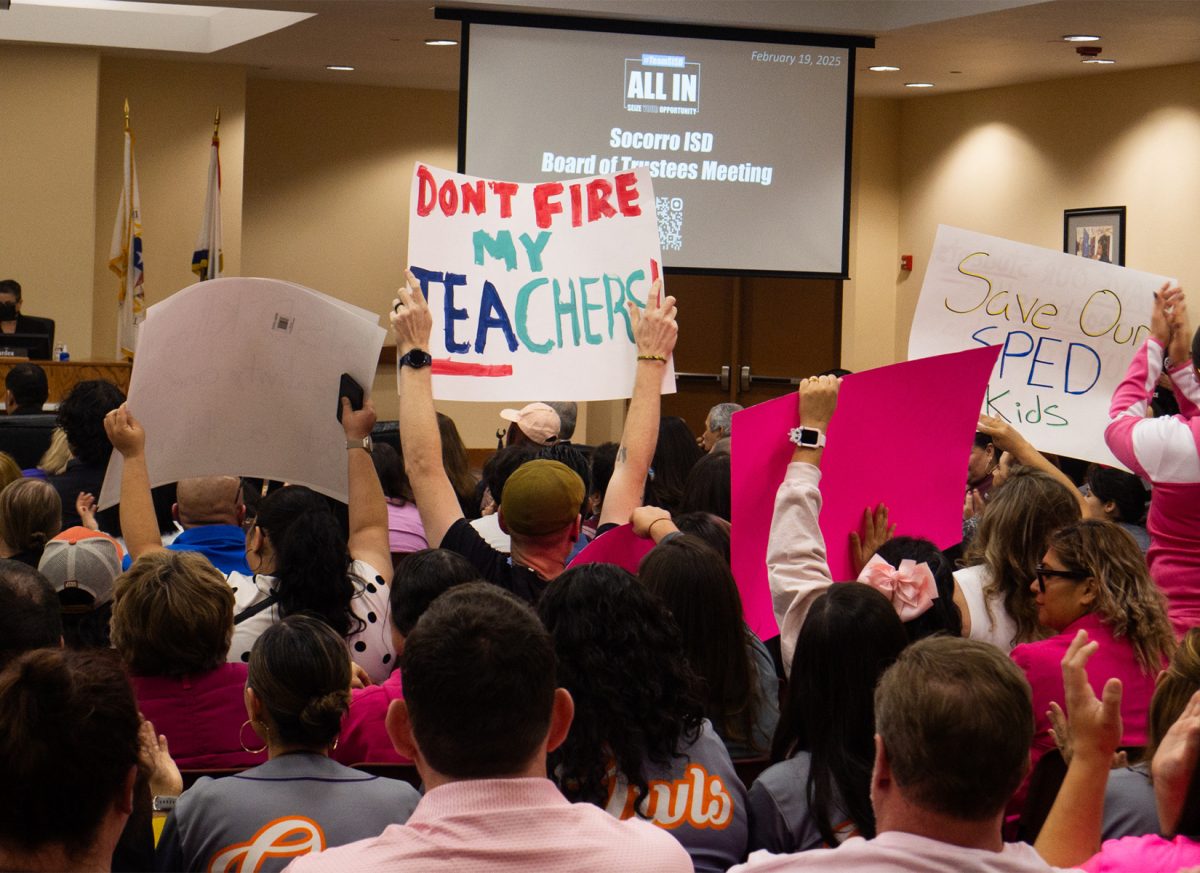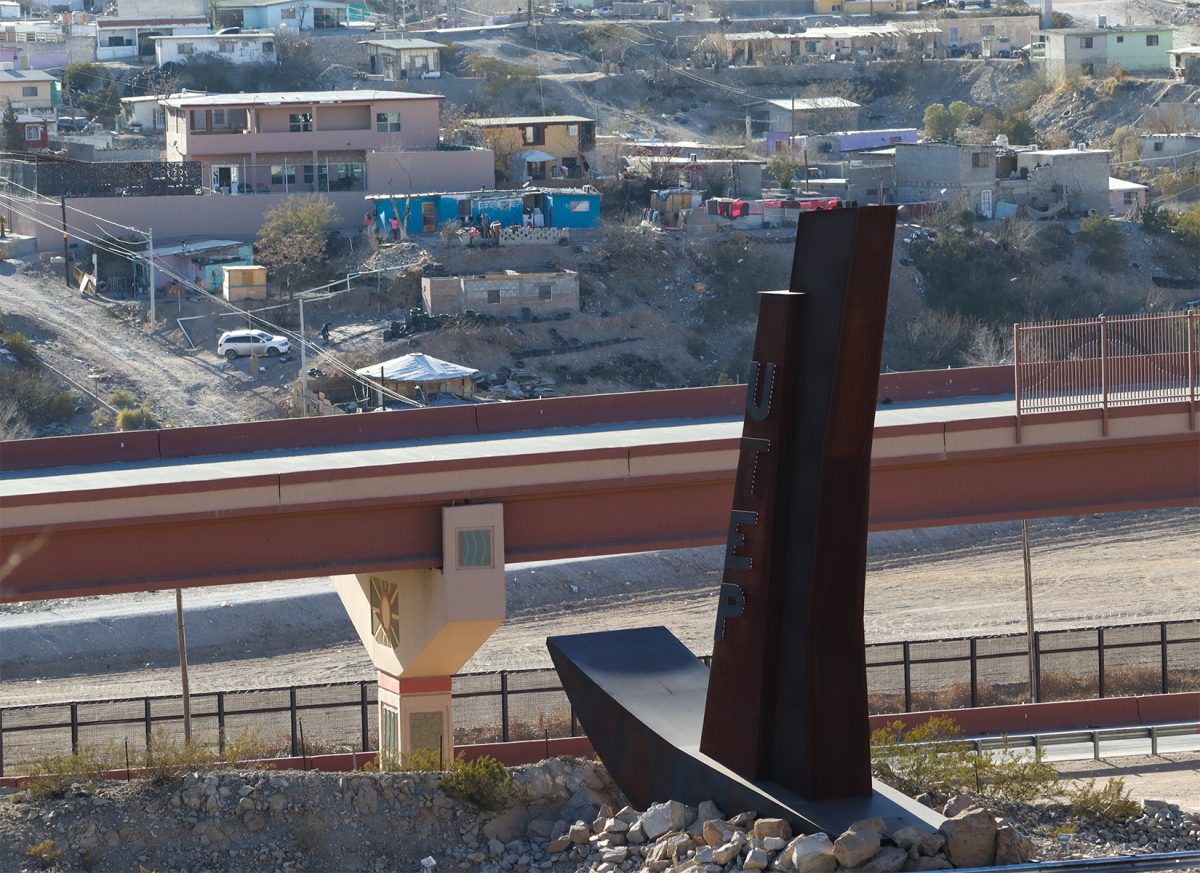To combat the increasing opioid crisis in the city, El Paso Community College (EPCC) has launched a new program to allow students and community members to have free access to the life-saving drug naloxone, better known as Narcan.
Examples of opioids include heroin, morphine, codeine, oxycodone, fentanyl, and more.
In 2023, the U.S Drug Enforcement Administration (DEA) seized more than 80 million fentanyl-laced fake pills, and 12,000 pounds of fentanyl powder. The DEA said just 2 milligrams of fentanyl can be potentially deadly.
In the most recent annual report released by the El Paso County Office of the Medical Examiner, 75 deaths were related to single-drug usage in 2022, 18 of which were caused by fentanyl. In the same year, the county recorded 94 deaths due to multiple drugs, with 62 deaths involving fentanyl.
These are the highest numbers reported by the El Paso County Office of the Medical Examiner.
As overdose related deaths continue to rise in the county, Narcan is becoming more available in public facilities in case of an emergency. From public schools to libraries, El Paso County has made efforts to curb overdose related deaths.
EPCC joined the effort Aug. 1 to stop the increase in cases by having Narcan readily available on all their campuses.
Hector Padilla, EPCC Emergency Management Director, recognized the county’s need for education and accessibility for Narcan. Padilla said in a press release that he, along with his colleagues, have worked hard to have this program ready for the new school year.
“The opioid crisis in our community is a serious matter and one many families face on a daily basis. Drugs such a heroin, fentanyl, and many prescribed medications can lead to an accidental overdose,” said Padilla. “Narcan helps to counter the effects of these drugs which primarily suppress a person’s respiratory drive. I would encourage everyone to be prepared by educating themselves on opioid use and how to administer Narcan.”
Robert Horstman and Carrie Van Houdt, professors at EPCC, were some of the helping hands that supported Padilla with the project. Horstman donated the first supply of Narcan to EPCC campuses and provided training to students and staff.
“Robert (Horstman) donated all of the Narcan, so that first batch that came in was a giant donation that he gave to us,” said Van Houdt. “But the college did decide to fund it, so it’s going to be an ongoing program.”
EPCC’s Police Department will continue to fund the naloxone supply for the future. Additionally, EPCC Police Officers are now trained to administer Narcan and carry it at all times.
While naloxone can reverse an opioid overdose, it brings no harm to those who are mistakenly given a dosage because of a suspected overdose. The drug is also safe for pregnant women, so EPCC is encouraging students and faculty to carry it as an extra preventative measure.
With the start of the new school year, EPCC has created a safe environment for those struggling with drug addictions. In addition to the Narcan program, EPCC held a mental health conference before the school year began.
“EPCC Cares” is a new program introduced this year that Van Houdt has worked on since 2018, to provide mental health services to students and the community.
Following the national trend of increased opioid overdoses, El Paso community members have pushed for more conversation about it and advocated for more services to be available.
Narcan is available at the following EPCC locations: Mission del Paso’s Tutoring Center, Valle Verde’s Writing Center, Northwest, Transmountain and Rio Grande campus libraires, and the Rio Grande Border Health Clinic.
Sofia Sierra is the sports editor and may be reached at [email protected].








